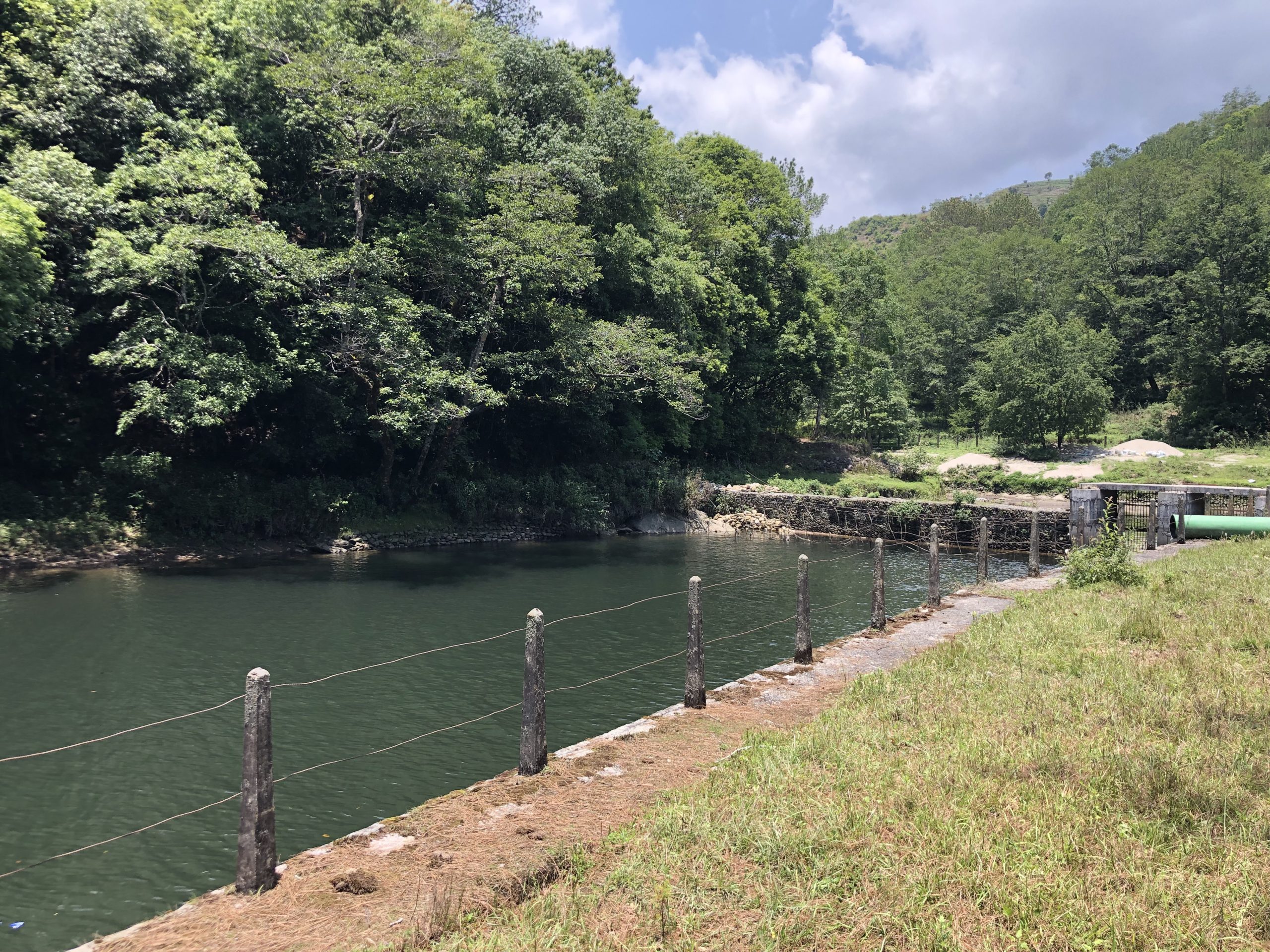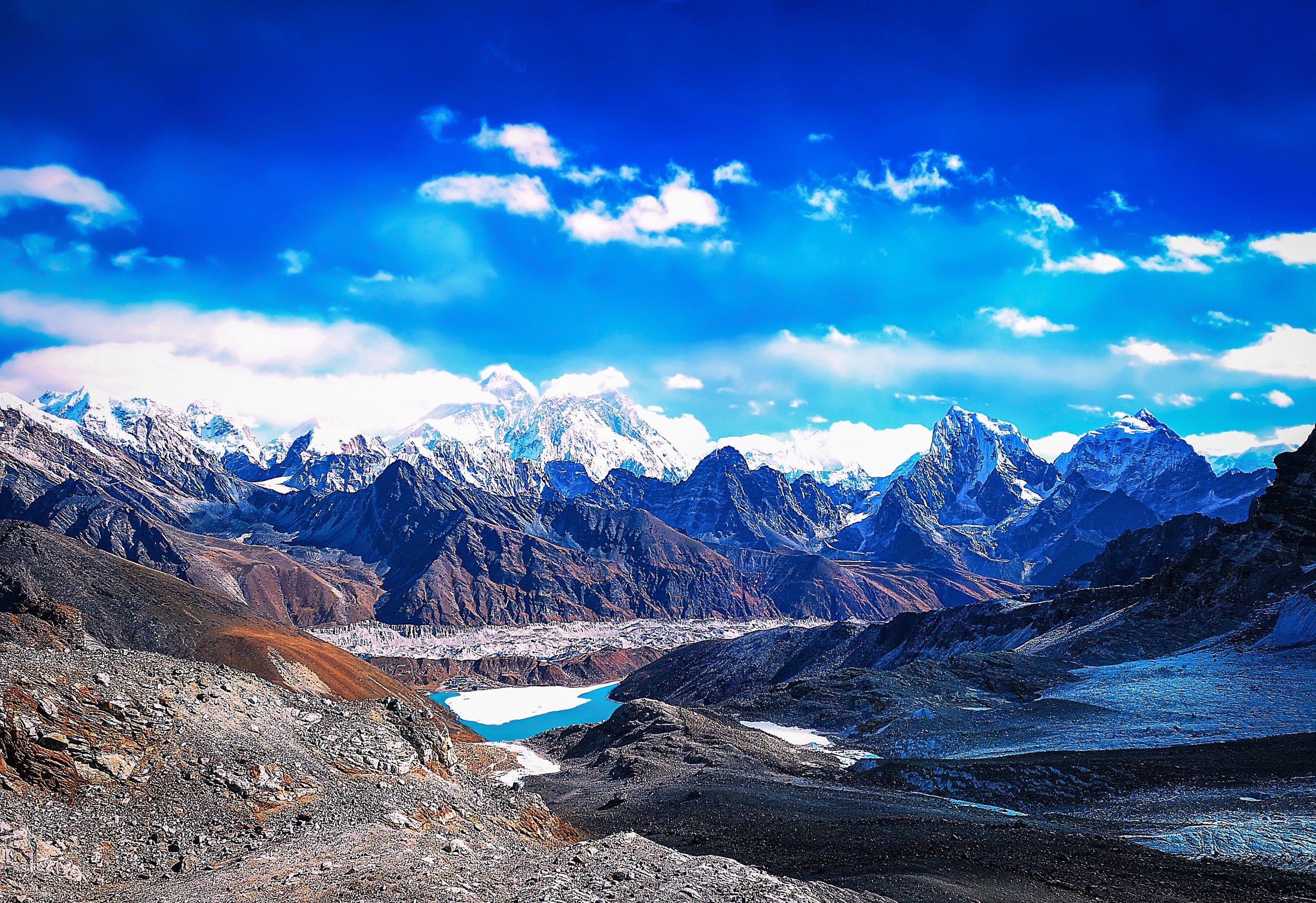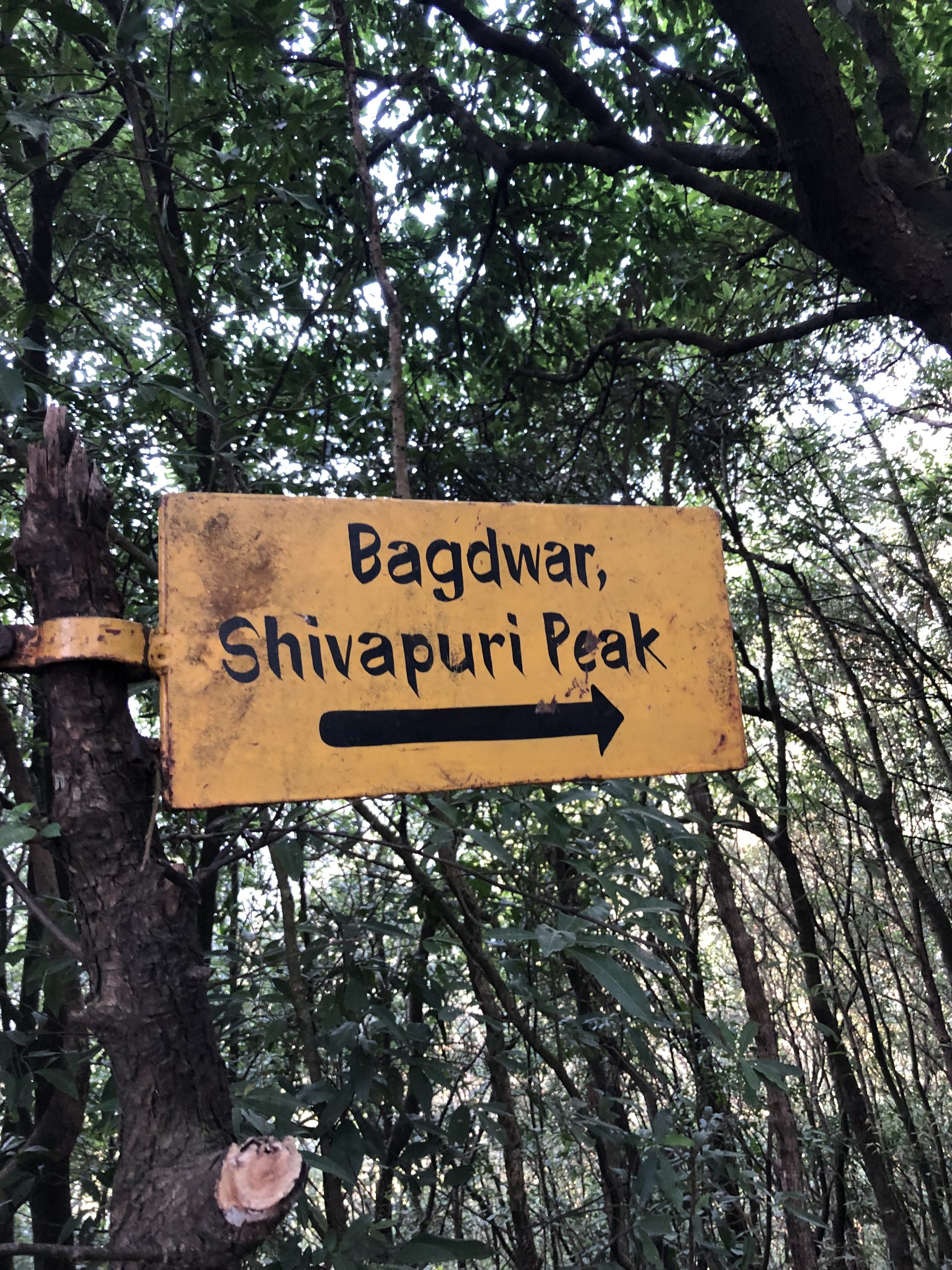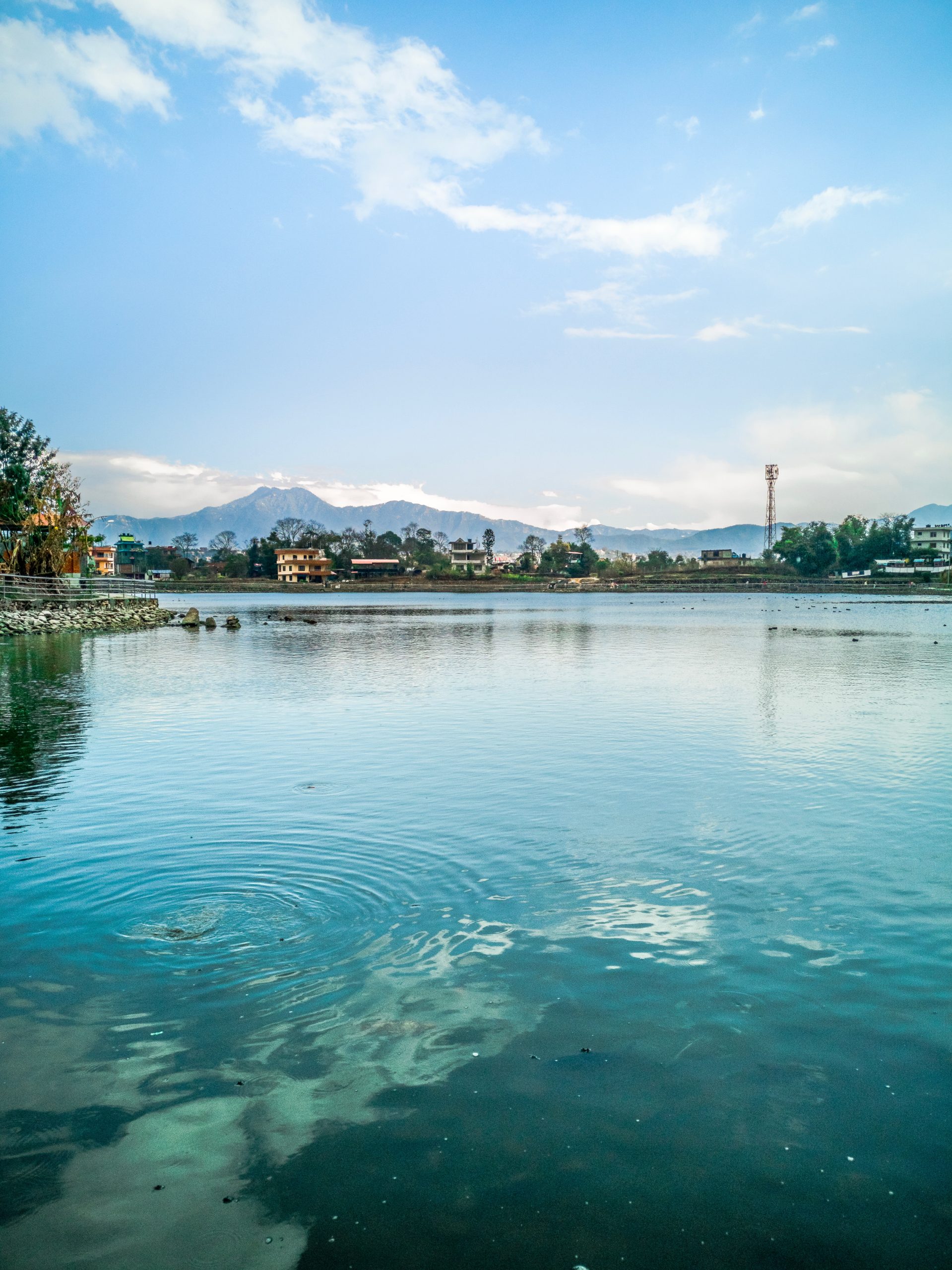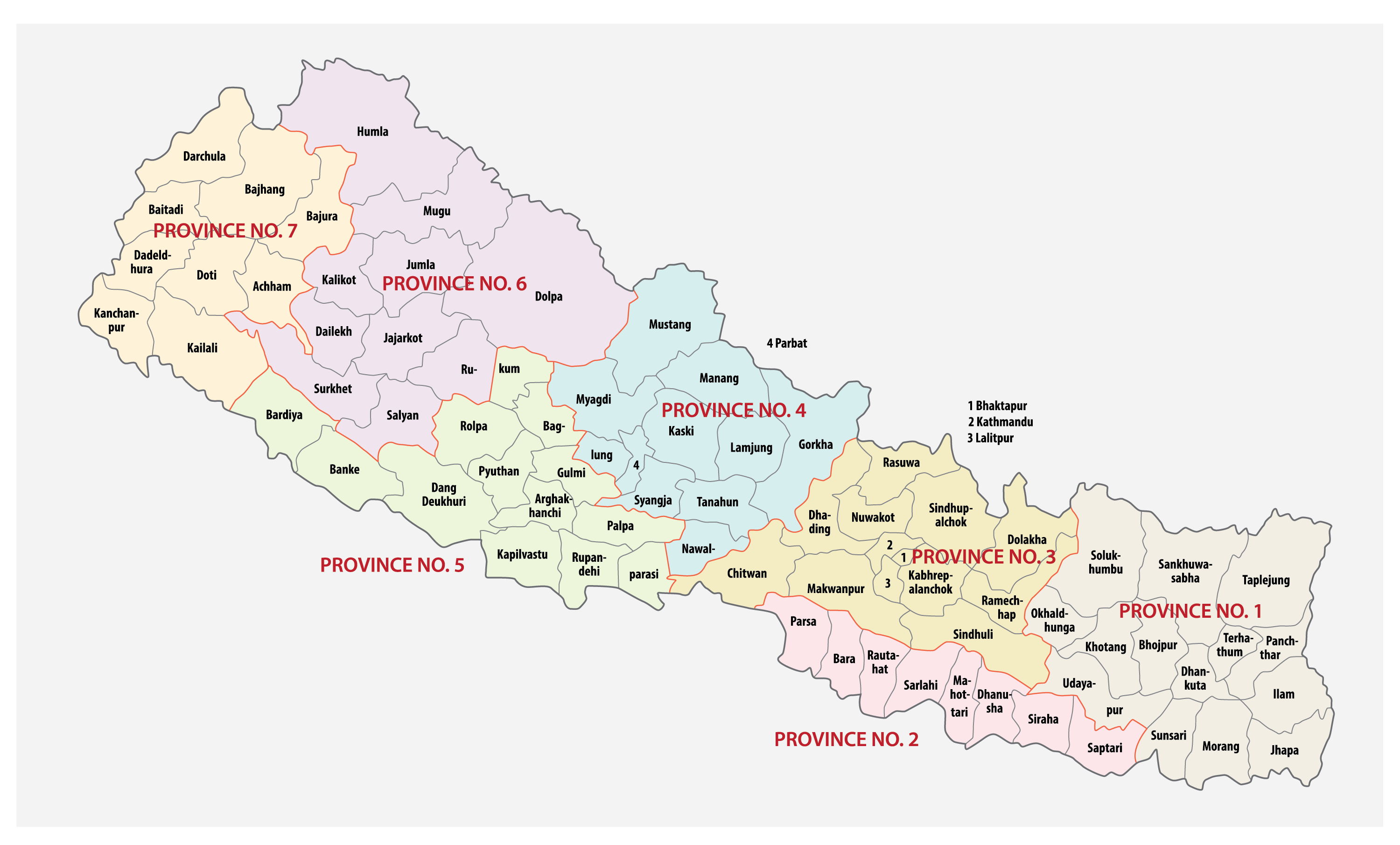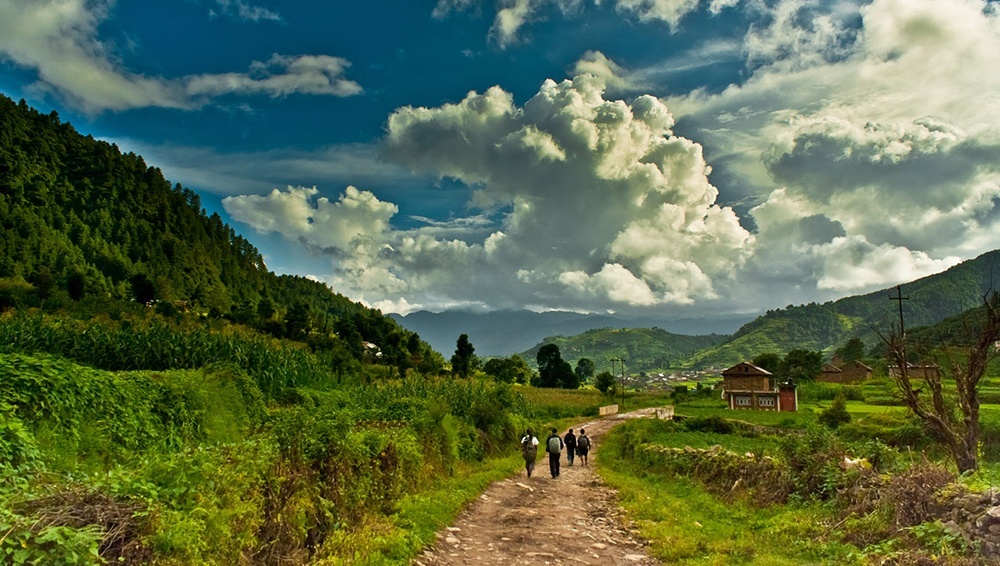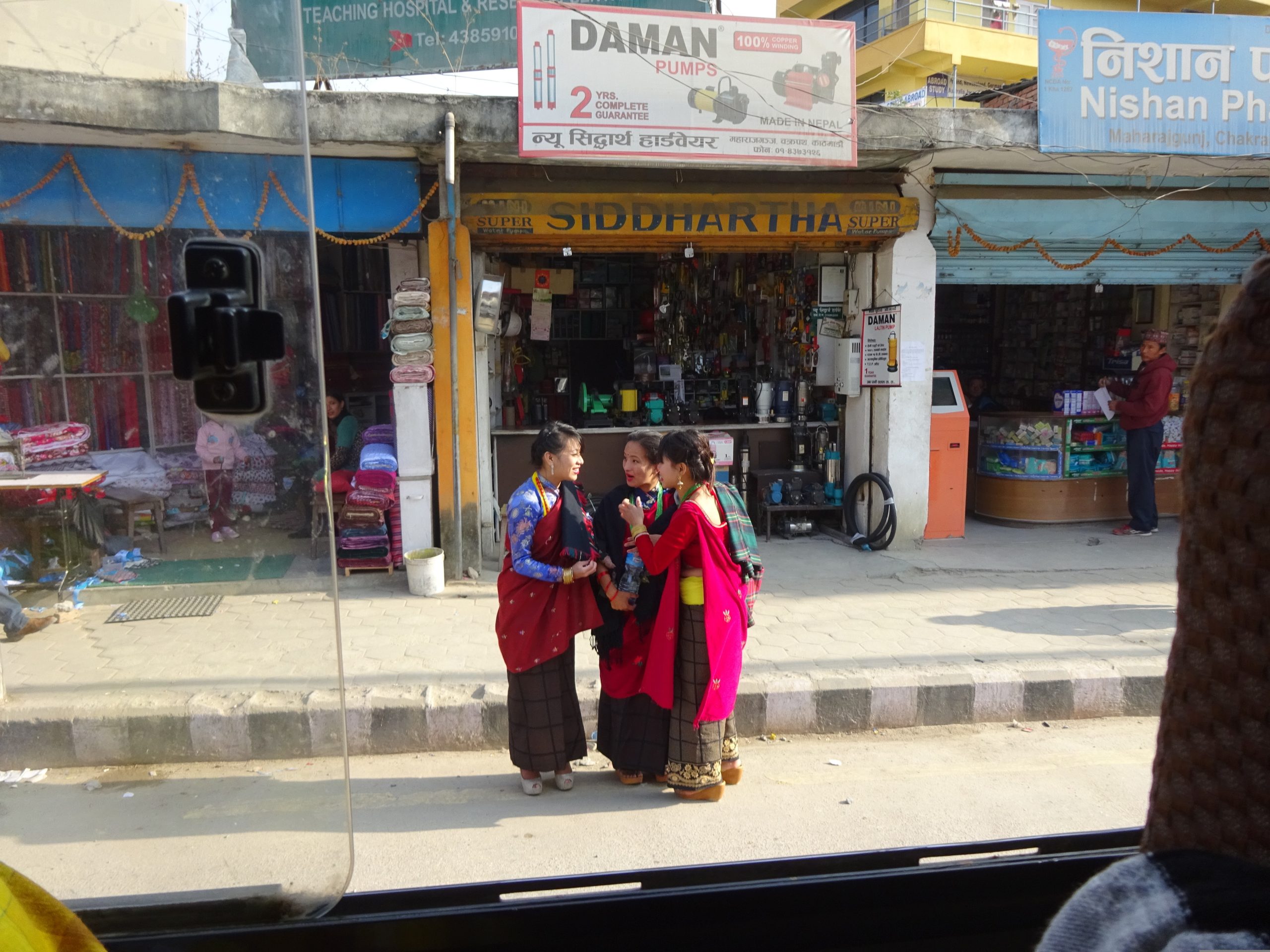
AN EVALUATION OF RESPONSIBLE TOURISM

AN EVALUATION OF RESPONSIBLE TOURISM
INTRODUCTION:
A successfully designed educational trip not only broadens the perimeter of the knowledge of the scholar and understanding of a subject but also adds realism to the topic of the study. The proposed educational tour is specifically designed for undergraduate Tourism students for an opportunity to explore, understand and evaluate the real scenario of tourism operation. The scholar will be enjoying in the same way as regular leisure tourists by consuming varieties of tourism products and services being offered whereas on top of that the scholars will be encouraged to observe and evaluate tourism practices on the basis of the notion of “Responsible Tourism”.
The purpose seventeen-day pre-determined tailor package is based on an “All Nepal Theme” where we will be visiting each and everyone must-see attraction of the country Nepal. The trip is designed in such a way that scholars will have numerous chances to witness the operation and practices of many different types of tourism such as urban tourism, adventure tourism, rural tourism, wildlife tourism, religious tourism, ecotourism, and cultural and heritage tourism. The itinerary also includes the visit to an emerging tourist destinations, saturated destinations, home tourist/ international tourist-dominated destinations, and short breaks attractions as well as long break destinations. As a whole the motive of the trip is to make scholars understand the difference between the theoretical knowledge which has been fed through the medium of books in the closed classroom and their realistic achievement in the real world.

RESPONSIBLE TOURISM:
The term responsible tourism in the context of this trip is the collective practices of tourism operation from tourism product and services suppliers which focus on delivering a consistent level of quality of products and services without compromising the ability of future generations to use them. We are aiming for scholars to focus on these specific practices of businesses and evaluate how they may affect the present and the future of the tourism opportunities of the destination:
- Minimize negative economic, socio-cultural, and environmental impacts,
- Generates greater economic benefits for local people and enhances the well-being of host communities.
- Positive contribution to the conservation of local attractions, environment, culture, and heritage.
- Provide more enjoyable experiences for tourists through meaningful connections with local people.
DESTINATION: NEPAL and WHY?
- The country where tourism accounts for nearly 8% of the total GDP
- The country of Mt Everest and the birthplace of lord Buddha and home to 10 UNESCO heritage sites
- One of the last places on earth to spot Asiatic Rhinoceros and the royal Bengal tiger.
- Among the very few destinations in the world that consist of a diverse mixture of touristic activities within one country.
- Lonely Planet listed Nepal as the top travel destination to visit for 2017
- A land of discovery and unique experiences with rich ancient cultures set against the most dramatic scenery in the world.
Visiting Nepal in 2020 is also one of the rare learning opportunities for scholars as the government is promoting tourism with the slogan of “ visit Nepal 2020 “ nationally and internationally. A considerable amount of money and workforce is being invested for marketing and promotional purposes which includes the advertisement on London buses as well. Scholars will have a good chance to evaluate how much marketing techniques and events can add value to promote the destination and tourism to another level or if not managed properly how abortive such effort could be.

AIM AND OBJECTIVES:
The sole aim of the trip is to offer scholar traveling opportunities with plenty of learning opportunities throughout the trip in order to educate our scholars in a practical and interesting manner. The trip also aims to illustrate insight into tourism operations and practices in the real world and offer an opportunity for scholars to evaluate them on the basis of the notion of responsible tourism. The evaluation can be performed by being self-observant and in numerous cases information and data will be provided by tourism businesses and local tourism authorities.
As a whole, the trip aims scholars who are future tourism professionals/entrepreneurs of the industry to understand the importance of responsible practices to achieve sustainable growth. They must have a clear understanding of how such practices can create negative economic, socio-cultural, and environmental issues and how they can affect the overall tourism opportunities of the region for the present and future generations. It is also an opportunity for scholars to identify factors preventing different tourism suppliers to achieve desired outcomes in the real operational world such as resource limitation, poor knowledge/ management, carelessness, cost saving, etc.

OBJECTIVES
- To observe, understand and evaluate responsible practices of tourism suppliers for the given destination in all aspects, mainly Environmental, Socio-cultural, and Environmental.
- Understand and analyze the advantage of tourism for the given region such as economic opportunities, infrastructural and lifestyle development, environmental conservation, and cross-cultural and destination promotion.
- Understand and identify the disadvantage of tourism in the given destination such as imbalance funding, seasonal fluctuation, tourism dependence, cultural clashes, and environmental degradation.
- To identify the leakage and linkages phenomenon driven by the tourism practices in the local economy based on the information provided by businesses
- To make scholars understand the advantages and disadvantages brought by current practices in the context of sustainability of tourism in the given region and make a suggestion for a responsible model.

